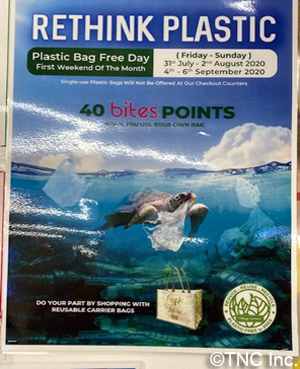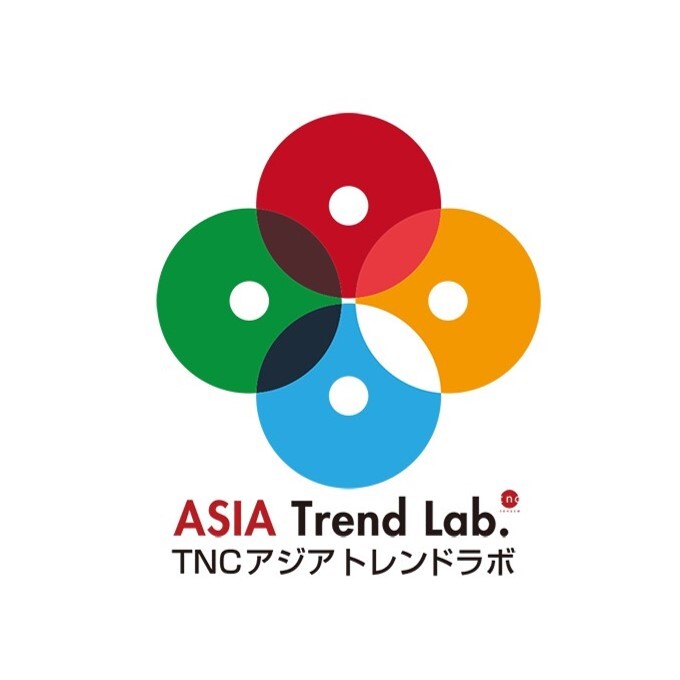[Malaysia] You can't buy plastic bags even if you pay for them! What is the eco-bag promotion policy that major supermarkets have tried?
- Release date: Oct 07, 2020
- 3379 Views

As a result of providing cardboard boxes instead of plastic bags, about 70% of people now have eco-friendly bags.
In line with the Zero Single-Use Plastic 2018-2030 plan, which aims to eliminate the use of single-use plastics by 2030, Malaysia has been charging for plastic bags since 2017 (20 cents per bag, or about 5 yen) and has banned the use of plastic straws since January 1, 2019. From January 1, 2019, the use of plastic straws will be completely banned.In 2020, major supermarkets such as Village Grocer will not provide plastic bags at all. During this period, you could not buy plastic bags even if you paid for them, and instead, they provided cardboard boxes for free. As a result, about 70% of the people began to use eco-bags. Most of the eco-bag users use sturdy and large bags that are available in each household rather than the more fashionable ones.
Separation of garbage and littering... Raising awareness of environmental issues is a challenge.
After China banned the import of waste plastic at the end of 2017, the world's destination for plastic waste changed to Southeast Asia. Malaysia also became a recipient, but the surge in imports of waste plastic led to serious air and water pollution problems, and the country has now effectively banned imports. In 2020, the Minister of Environment declared that Malaysia will not be the world's dumping ground for waste, and the entire country has been working on environmental issues. However, the garbage sorting that became compulsory in 2016 has yet to spread, and there is a lot of littering. Awareness of environmental issues is limited to a few people, and there are still many issues to be addressed.
-

Author profile
TNC ASIA Trend Lab
An information organization run by TNC Inc. that researches and disseminates trends in Asia. It finds insights from trends rooted in the lifestyles and lifestyles of local consumers and provides support for corporate marketing activities. http://tnc-trend.jp/
-

Editor profile
Intage Inc.
***
 Global Market Surfer
Global Market Surfer CLP
CLP